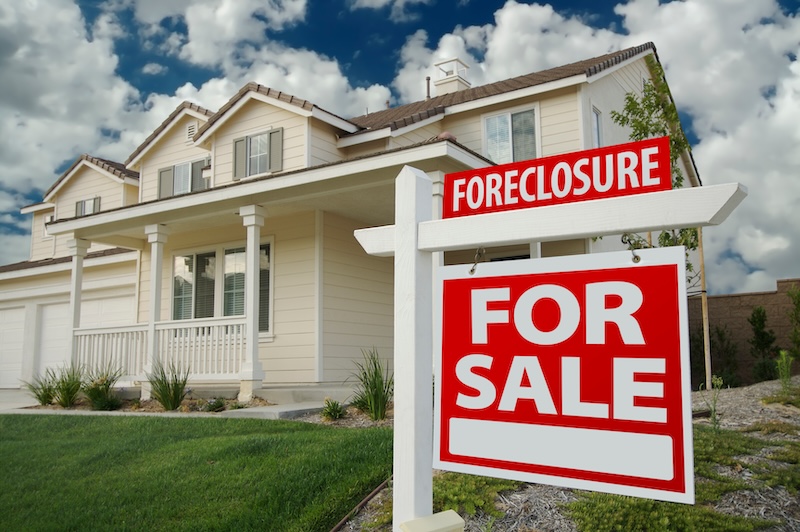Understanding Foreclosures: Causes and Impacts
A foreclosure occurs when a homeowner is unable to make mortgage payments, prompting the lender to seize and sell the property to recover the owed amount. This process can be triggered by various factors, such as job loss, medical emergencies, or financial mismanagement. Foreclosures can significantly impact home values in a neighborhood, often leading to a drop in property prices due to the stigma and perceived risks associated with these homes.
Finding Accurate Information on Foreclosures
For potential buyers, especially military families, accessing accurate information on foreclosures is crucial. Websites like Zillow, Realtor.com, and Foreclosure.com provide comprehensive listings. Additionally, local county records and real estate agents specializing in foreclosures can be invaluable resources.
Tips for Military Families Buying Foreclosed Properties
1. Research the Neighborhood
Before purchasing a foreclosed property, thoroughly research the neighborhood. Check crime rates, school ratings, and community amenities. Websites like NeighborhoodScout and GreatSchools offer detailed insights.
2. Secure Financing Early
Getting pre-approved for a mortgage gives you a clear budget and strengthens your position as a serious buyer. VA loans, which are available to military families, often offer favorable terms and can be used for purchasing foreclosed properties.
3. Hire a Real Estate Agent with Foreclosure Experience
An agent experienced in foreclosures can navigate the complexities of the process, from finding properties to negotiating with banks. They can also identify potential issues that might not be immediately apparent.
4. Get a Thorough Home Inspection
Foreclosed homes are often sold “as-is,” meaning the seller (usually a bank) won’t make repairs. A thorough home inspection will uncover any hidden problems, such as structural issues or outdated systems, helping you make an informed decision.
5. Consider Renovation Costs
Foreclosed properties may require significant repairs. Factor these costs into your budget. Explore programs like the FHA 203(k) loan, which combines the mortgage with funds for renovations, to make financing easier.
6. Understand the Legal Aspects
Foreclosure laws vary by state. Ensure you understand your rights and responsibilities. Consulting with a real estate attorney can provide clarity and help avoid legal pitfalls.
7. Be Prepared for a Lengthy Process
Buying a foreclosed property can be time-consuming. Be patient and prepared for delays, whether due to paperwork, bank approval processes, or renovation needs.
8. Take Advantage of Military Benefits
Utilize benefits such as the VA loan program, which often includes favorable interest rates and no down payment requirements. Also, check if your base offers resources or counseling for military homebuyers.
9. Look for Potential Hidden Costs
Be aware of potential hidden costs such as unpaid property taxes, liens, or HOA fees. Ensure these are cleared or accounted for before finalizing the purchase.
10. Evaluate the Investment Potential
Consider the long-term investment potential of the property. Foreclosed homes can offer great value, but it’s important to ensure that the property’s future value aligns with your financial goals.



